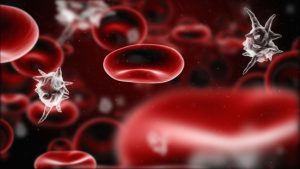
The study included 14,352 IBD and urolithiasis patients combined. IBD patients with urolithiasis had higher rates of sepsis and end-organ failure, compared to non-IBD patients. Results also showed that these patients were more likely to have the characteristics independently associated with infection and sepsis, such as being of older age and being a female. IBD was found be an independent predictor of infection, sepsis, and hospital admission.
The findings reveal that IBD and urolithiasis patients are at a higher risk for concurrent infections and other health complications, compared to non-IBD patients. The researchers suggest prevention methods should be implemented in IBD patients to lower their risk of such complications and advise monitoring for any future infections.
Lifestyle and home remedies for inflammatory bowel disease
There is no cure for IBD, but lifestyle and home remedies can aid in disease management. Some lifestyle and home remedies that can help better manage IBD include:
- Following a diet: limiting dairy products, eating low-fat foods, reducing fiber, avoiding spicy foods, caffeine, and alcohol
- Eating smaller meals
- Drinking plenty of fluids
- Taking a multivitamin
- Consulting with a dietician
- Quitting smoking
- Reducing stress
- Exercising regularly
Working closely with your doctor can help you create a personalized plan in order to manage your inflammatory bowel disease all the while reducing your risk of complications and infection.